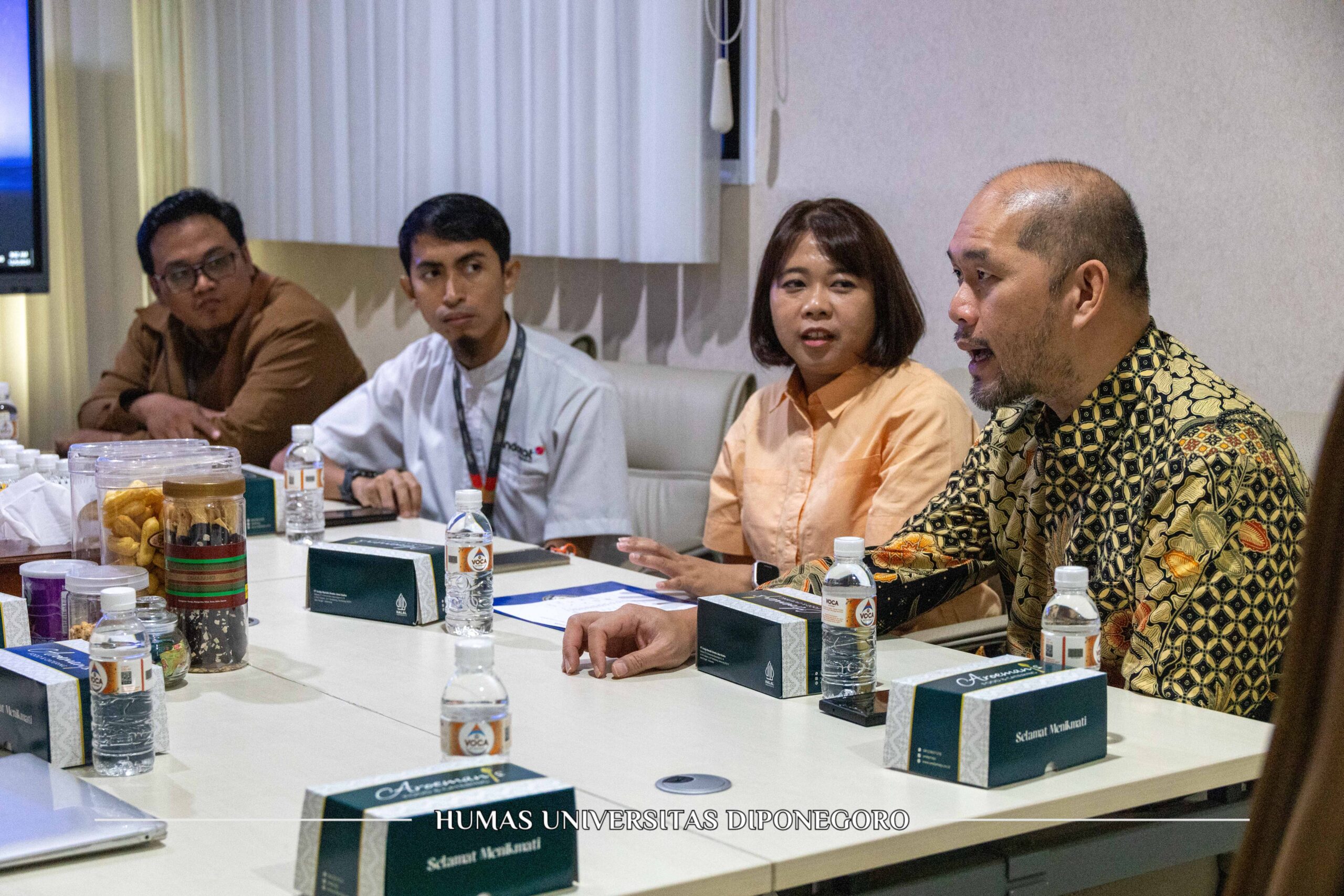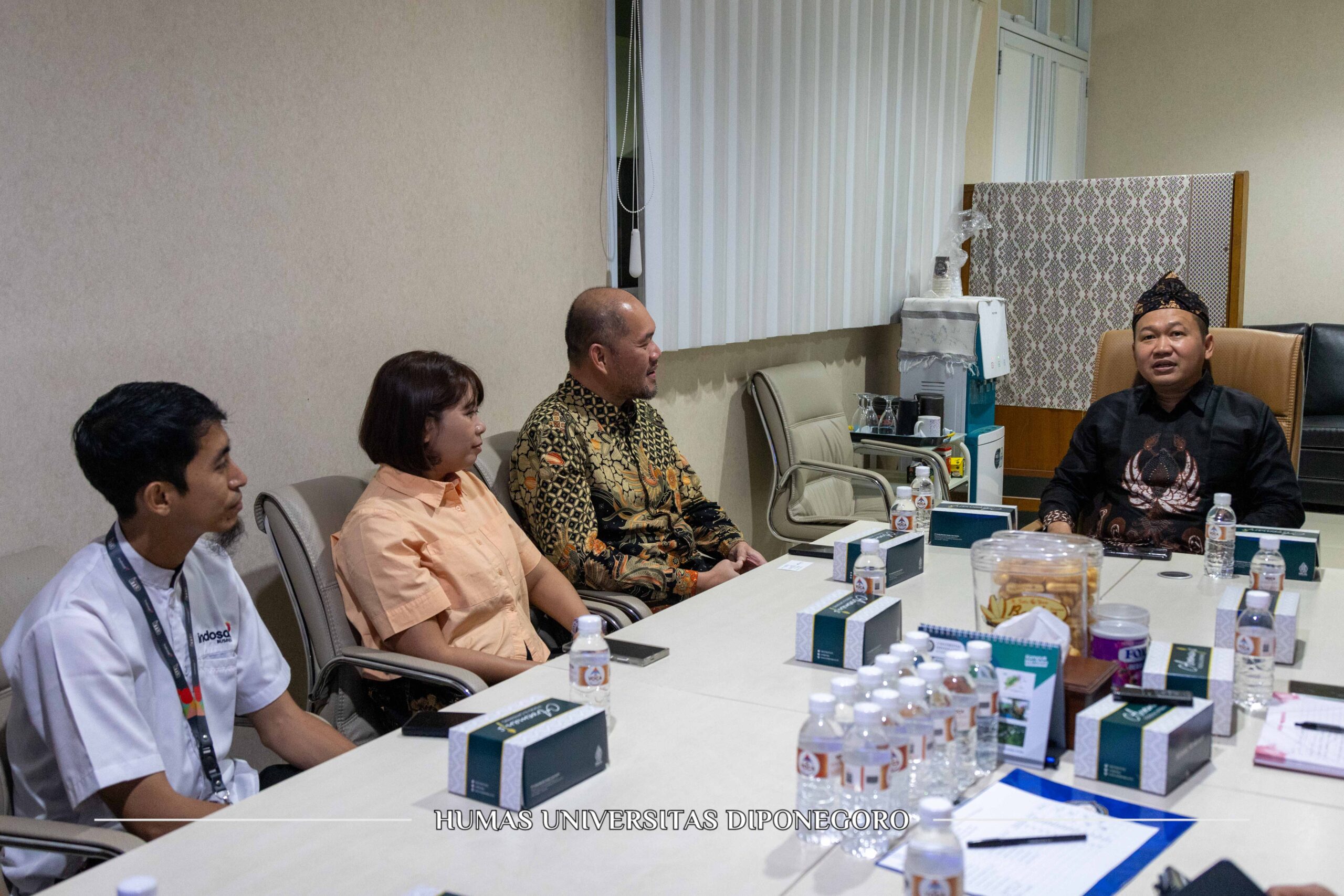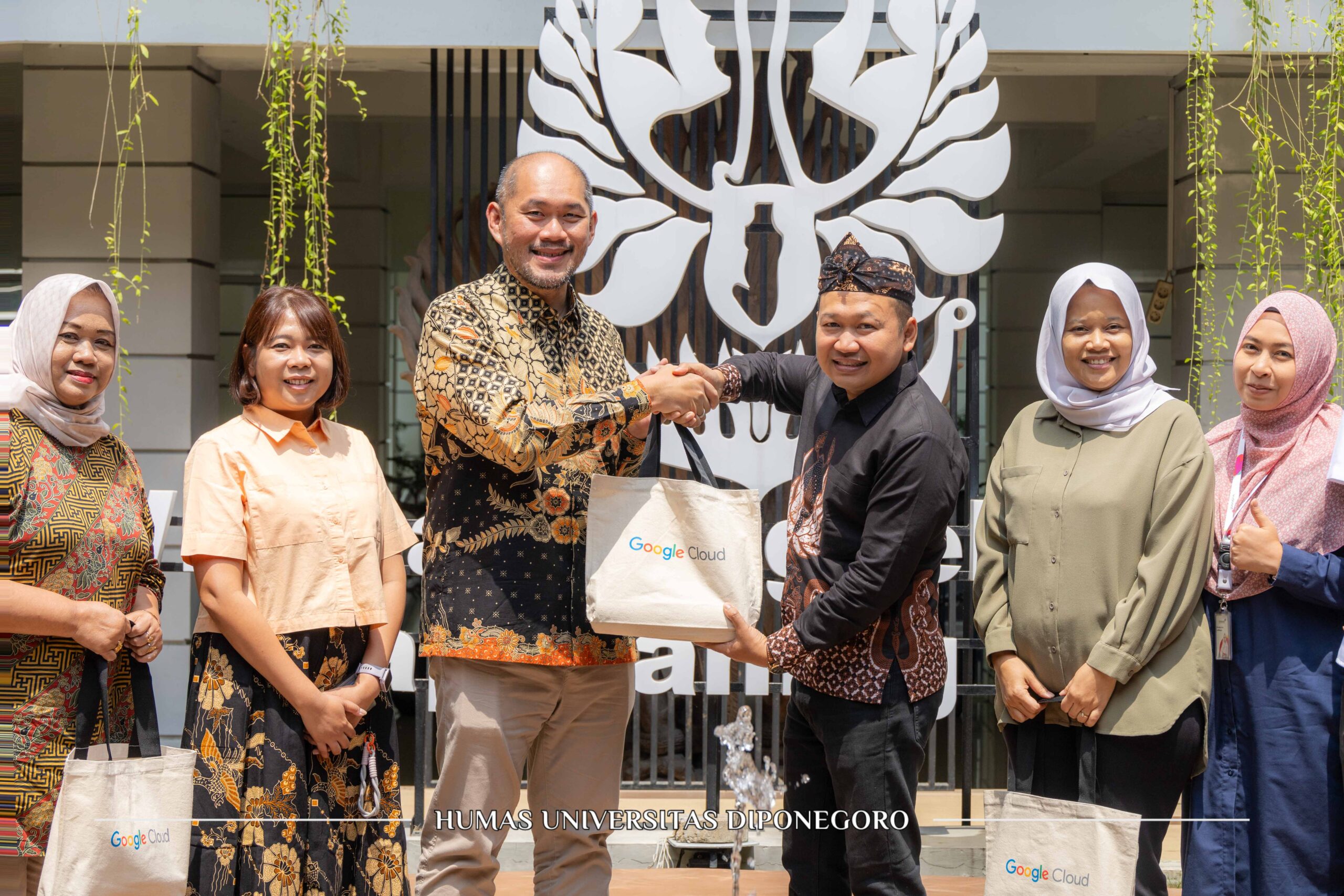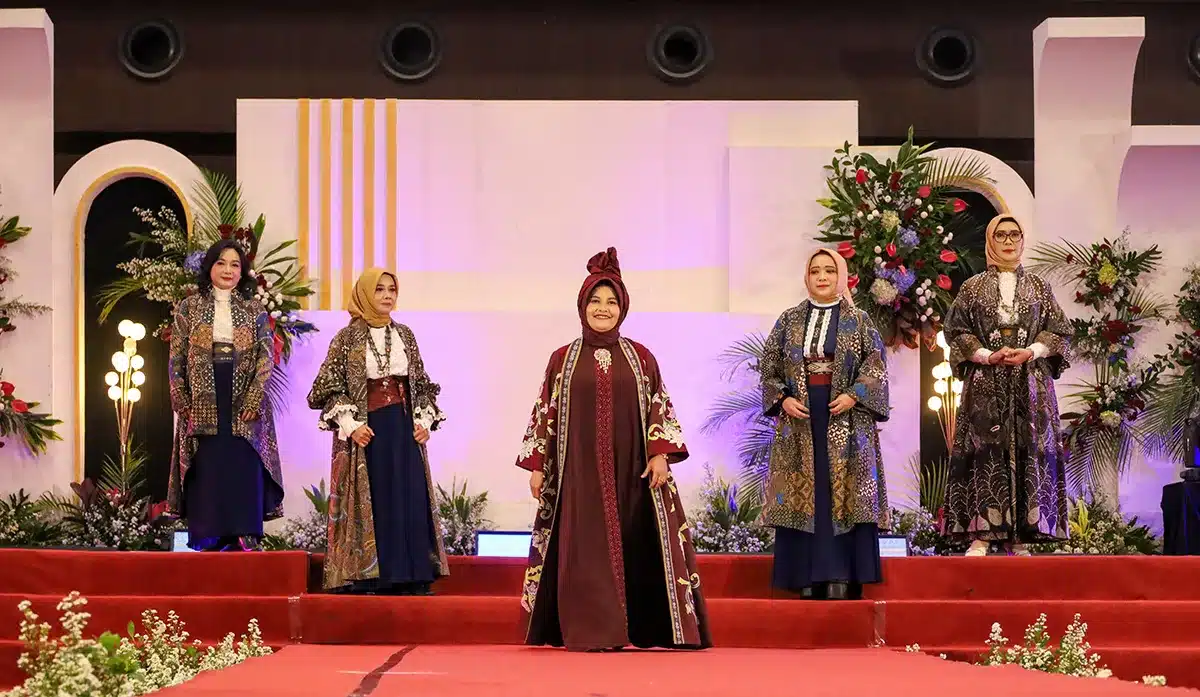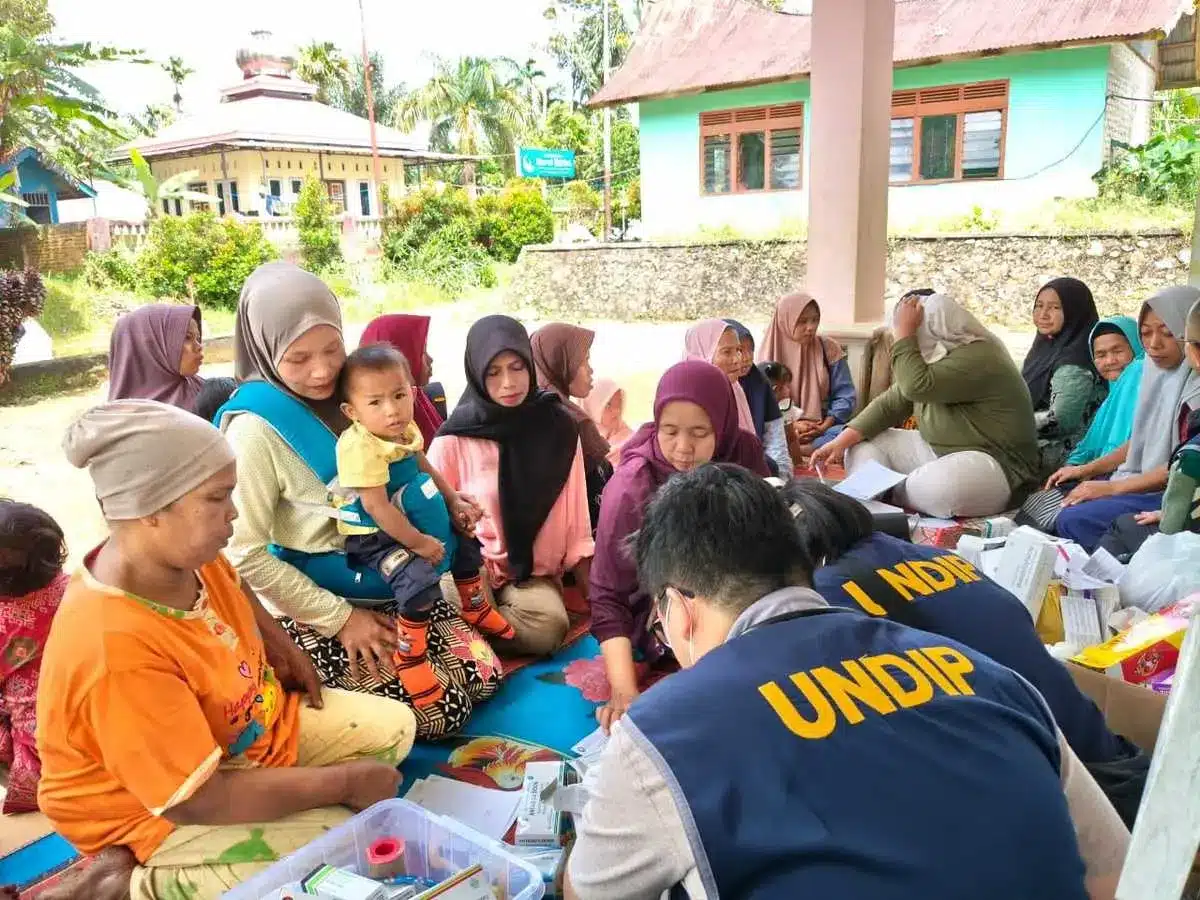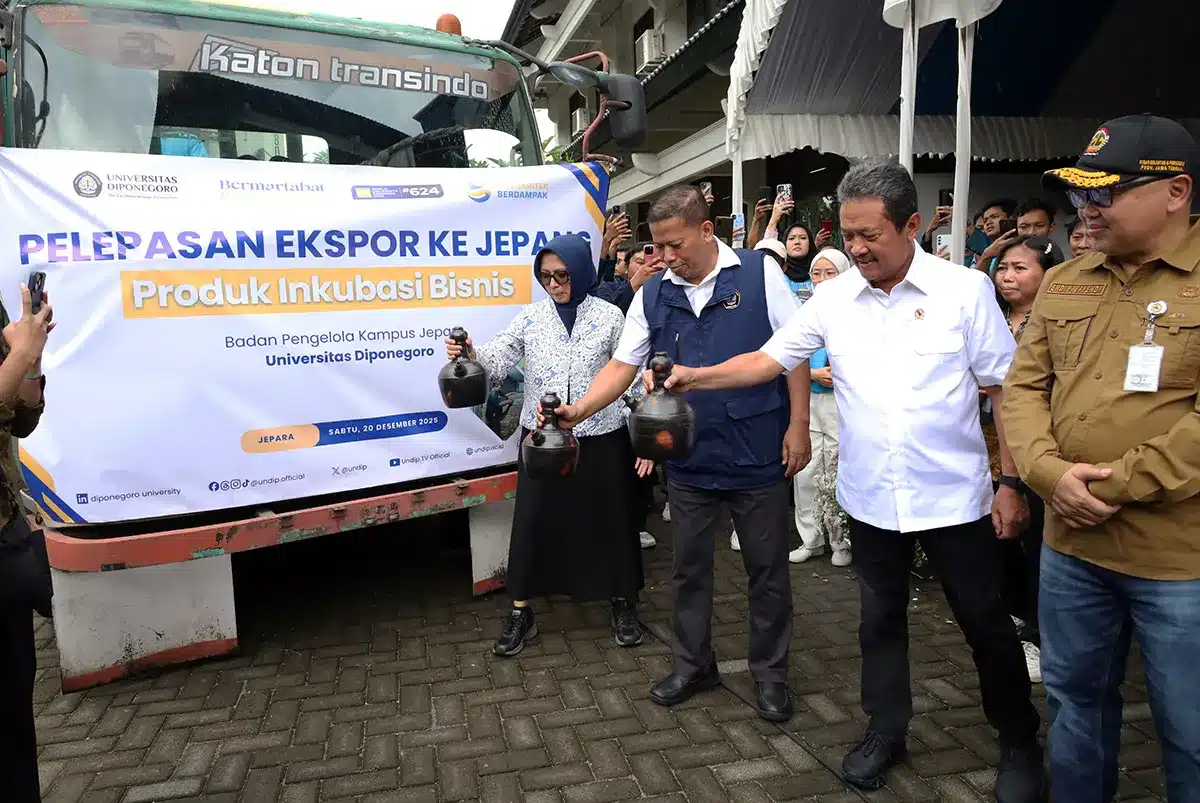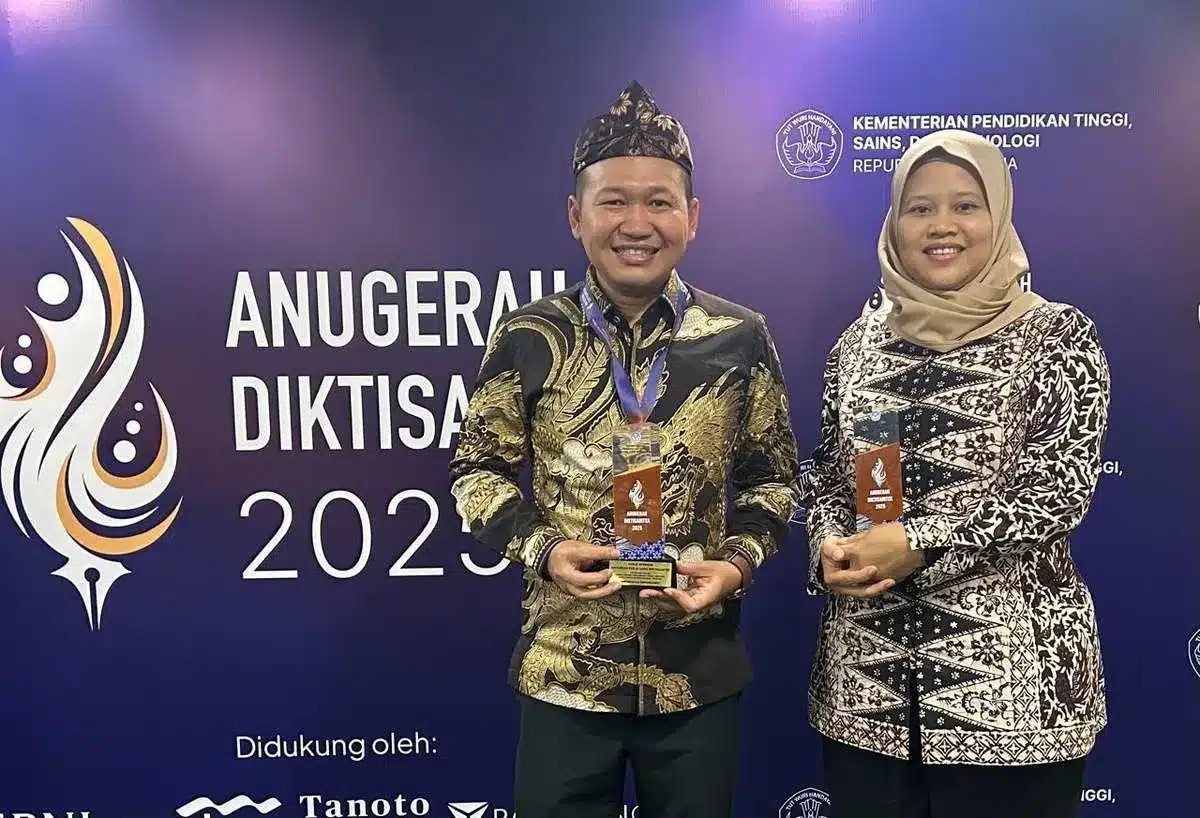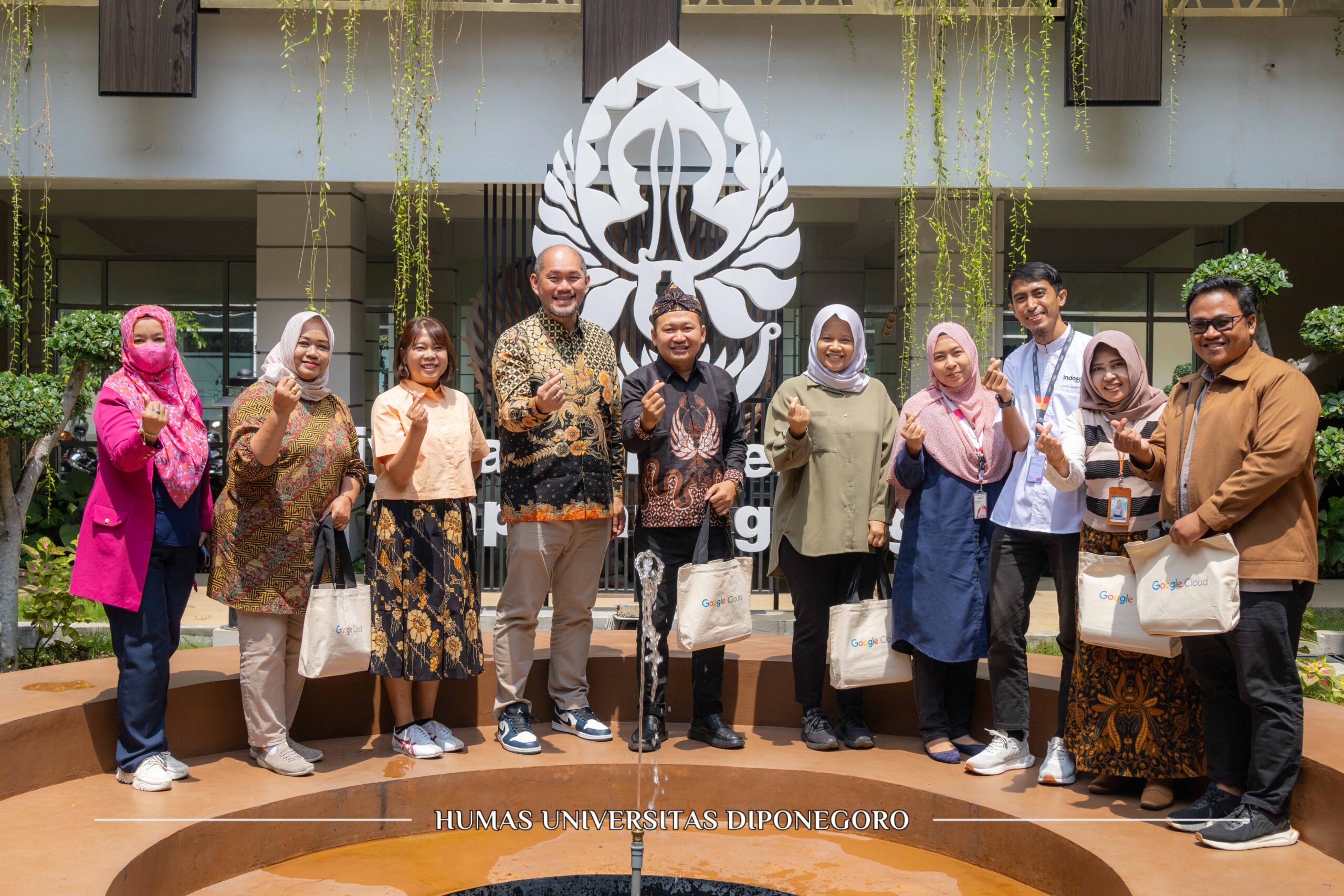Thursday, December 5, 2024 – Google Indonesia visited Universitas Diponegoro (UNDIP) to strengthen a shared commitment to supporting digital transformation in higher education. This collaboration aims to enhance UNDIP’s efforts to foster public knowledge and address misinformation in the digital public sphere.
Wijayanto, S.IP., M.Si., Ph.D., Vice Rector IV for Research, Innovation, Cooperation, and Public Communication, welcomed the initiative, stating, “Through the Directorate of Media Networks, Communities, and Public Communication, we aim to expand collaborations beyond mainstream media to include digital platforms like Google. We see significant potential for synergy. Google’s mission to educate the public aligns with UNDIP’s vision. At UNDIP, we have extraordinary resources—numerous researchers and multidisciplinary expertise.”
“We are optimistic that this collaboration will be a strategic step in leveraging technology to develop superior human resources aligned with industry needs,” he added.
Sugiyanto Yoannatan, Field Sales Representative for Google Indonesia, introduced Gemini and Cloud Computing as artificial intelligence (AI) technologies that play a strategic role in fostering innovation, particularly in education.
“Google Cloud is specifically designed to support higher education institutions through training programs, certifications, and access to other digital resources that facilitate research for faculty and students,” he explained.
During the event, Google showcased Gemini, its latest multimodal AI technology capable of processing text, images, video, audio, and code. Integrated with Gmail, Gemini can execute user commands in both written and verbal forms, supports over 40 languages (including Indonesian), and is available in free and premium versions. As an inclusive technology, Gemini is accessible to diverse communities worldwide.
Fatimah Wulandini, Customer Solution Consultant for Google Indonesia, highlighted Gemini’s unique approach to maintaining ethical AI use. “Gemini does not support instructions related to harmful actions such as suicide, bomb-making, or sensitive issues. Google strives to maintain the humanistic aspect of its technology,” she said.
Wijayanto, Ph.D., had the opportunity to observe a demonstration of Google’s AI applications in supporting research on digital democracy, his area of expertise.
He revealed UNDIP’s plans to establish a Center for Big Data and Artificial Intelligence, addressing challenges like misinformation, hate speech, and gendered disinformation—issues that undermine democracy and incite violence. UNDIP envisions contributing solutions to these problems. Collaborating with digital platforms like Google is a crucial step forward.
Dr. Nurul Hasfi, Director of the Directorate of Media Networks, Communities, and Public Communication, emphasized that the partnership also supports UNDIP’s efforts to build a strong media network, particularly with digital platforms.
“This collaboration is expected not only to support academic and non-academic activities but also to enhance the Directorate’s role in building UNDIP’s reputation,” she said.
UNDIP is actively promoting research outcomes applicable to society, embodying the spirit of “UNDIP Bermartabat, UNDIP Bermanfaat.”
The partnership between Google Indonesia and UNDIP is more than a technological collaboration—it is a strategic step in addressing misinformation challenges in the digital era. Through this synergy, UNDIP strengthens its role as a leader in advancing public knowledge, aligning with Google’s commitment to creating a more inclusive and responsible digital public space. (NH, Ninok & UT Media Relations)
